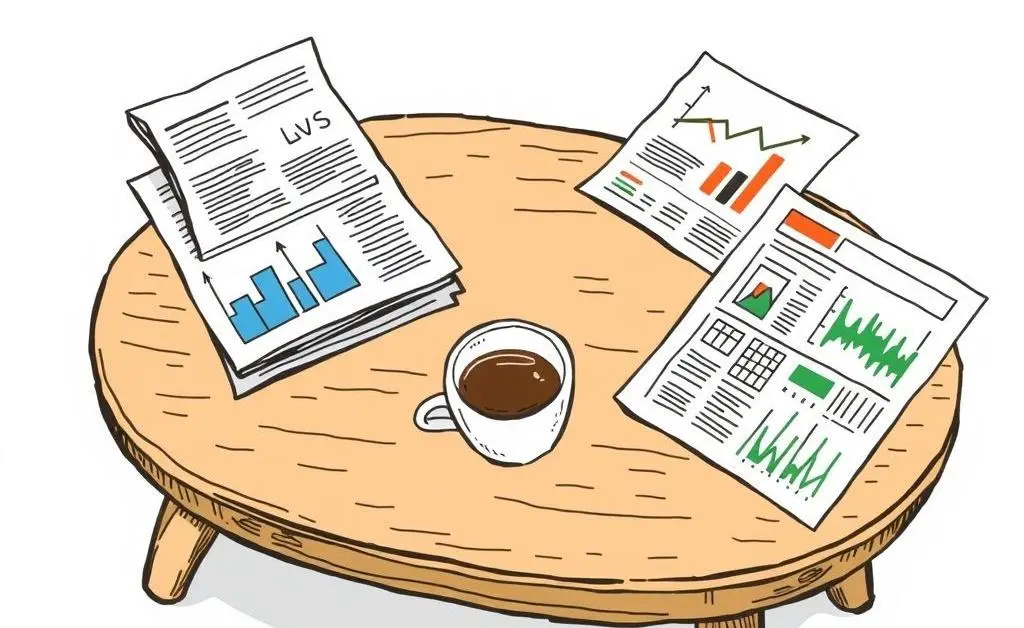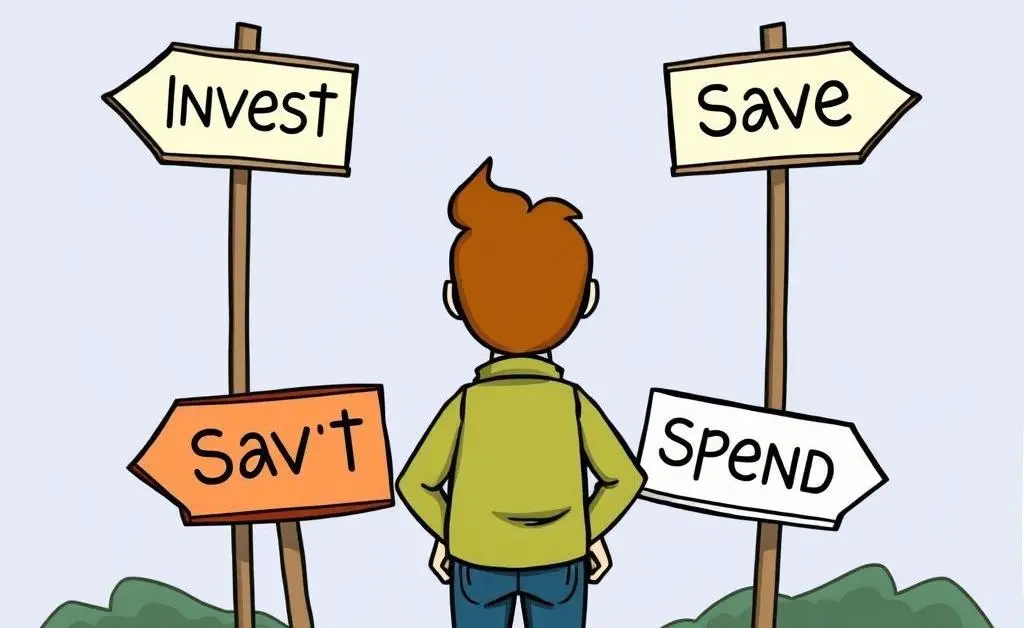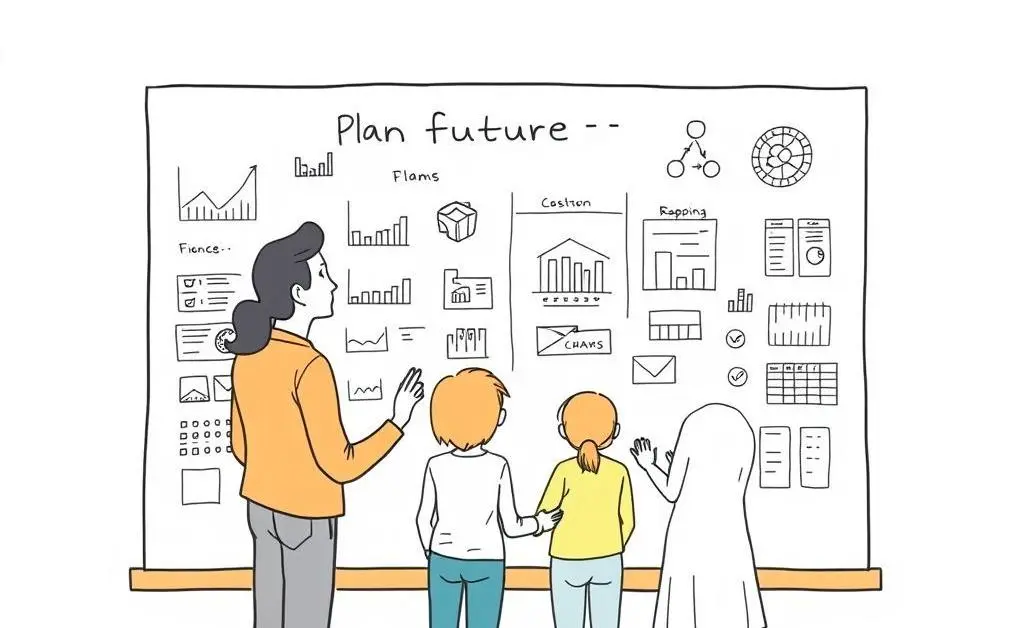How Economic Data Shapes Our Everyday Lives: A Gentle Exploration
Understanding how economic reports influence our daily decisions and future planning.

We often hear about economic reports and data in the news, but have you paused to think about how this information weaves into the fabric of our everyday lives? Economic data might seem like a dry topic, but it holds the keys to numerous decisions we make—from the groceries we buy to the homes we consider purchasing. Understanding these concepts can turn seemingly abstract numbers into something personal and insightful.
What is Economic Data and Why is it Important?
Simply put, economic data consists of statistics about the economy's health: employment rates, inflation figures, and GDP growth, to name a few. These indicators help us comprehend the larger economic climate, which can affect interest rates, job availability, and market trends. For instance, when the Bureau of Labor Statistics releases a jobs report, it not only impacts policy decisions but can also influence our confidence in making significant purchases or investments.

How Does Economic Data Influence Personal Financial Decisions?
Think of economic data as a map guiding your financial journey. It can help in planning both short-term budgets and long-term investments. During times of high inflation, for example, you might decide to cut back on non-essential expenses or rethink investment strategies to safeguard your finances.

Making Sense of Market Trends
Understanding market trends and forecasts can be empowering, allowing us to anticipate shifts and manage risks more effectively. Observing economic patterns means we can adjust our savings plans or consider diversifying our investment portfolios, thus preparing us for potential market volatilities.
The Emotional Aspect of Economic Decisions
It’s not all about numbers—there’s a deeply emotive angle too. Our choices are not just financially driven but also intertwined with personal values and goals. Planning for a family vacation or deciding to further education involves considering the financial environment and how it aligns with what’s important to us.

A Thoughtful Approach to Economic Awareness
As we sip our morning coffee and skim through news updates, incorporating a bit of economic awareness into our thought processes can become a daily habit. This doesn't mean diving deep into every report but rather being curious and aware of the trends that might affect our personal lives.
Ultimately, refining our understanding of economic data helps us take the reins of our financial futures with a sense of empowerment and foresight. So, what’s the next piece of economic data you’re going to explore?




